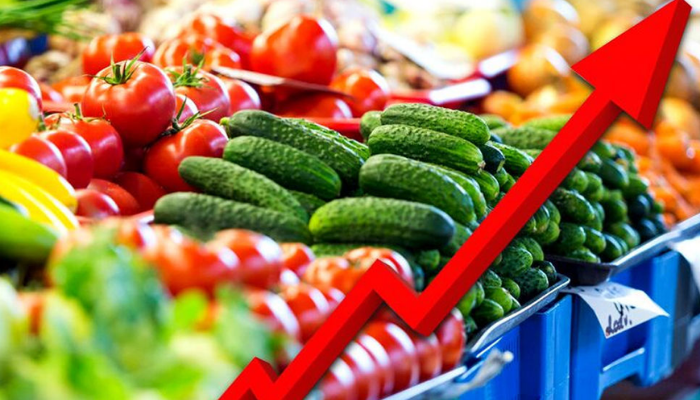
In 2024, several African countries are still dealing with the continuous burden of excessive inflation. This economic state, characterized by a continuous increase in the general price level of goods and services, has various serious consequences for any country that experiences it. In addition to this issue, the one area where inflation has the most impact is on food.
Food inflation, defined as a sudden increase in the price of food commodities, offers substantial issues for any country. High food inflation can have particularly serious repercussions in African nations where food accounts for a major amount of family expenses.
Rising food costs increases the risks of hunger and malnutrition. For vulnerable populations including children, the elderly, and those residing in rural regions, the situation is especially dire.
Furthermore, when food costs soar, societal unrest frequently ensues. Food inflation has often sparked rallies, strikes, and even riots.
According to the World Bank’s current Food Security Update, which was last updated on July 1, 2024, certain African nations continue to experience exceptionally high food inflation.
“Domestic food price inflation remains high in many low- and middle-income countries. Inflation higher than 5% is experienced in 59.1% of low-income countries (no change since the last update on May 30, 2024), 63% of lower-middle-income countries (no change), 36% of upper-middle-income countries (5.0 percentage points higher), and 10.9 percent of high-income countries (3.6 percentage points lower),” the World Bank states.
With that said here are the 10 African countries with with the worst food inflation mid-way into 2024. Most countries on the list have much more improved rate from their January figures, save Nigeria.
Also the list reflects May inflation figures, the last update on the Food inflation figures from the World Bank’s Food security report.
10 African countries with the highest food inflation mid-2024
| Rank | Country | Food inflation |
|---|---|---|
|
1. |
Malawi |
40.7 |
|
2. |
Nigeria |
40.7 |
|
3. |
Sierra Leone |
32.4 |
|
4. |
Egypt |
31.0 |
|
5. |
Ethiopia |
25.5 |
|
6. |
Ghana |
22.6 |
|
7. |
Angola |
18.5 |
|
8. |
Zambia |
16.2 |
|
9. |
Tunisia |
9.6 |
|
10. |
Cote d`Ivoire |
8.6 |










